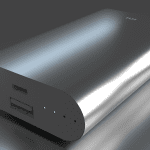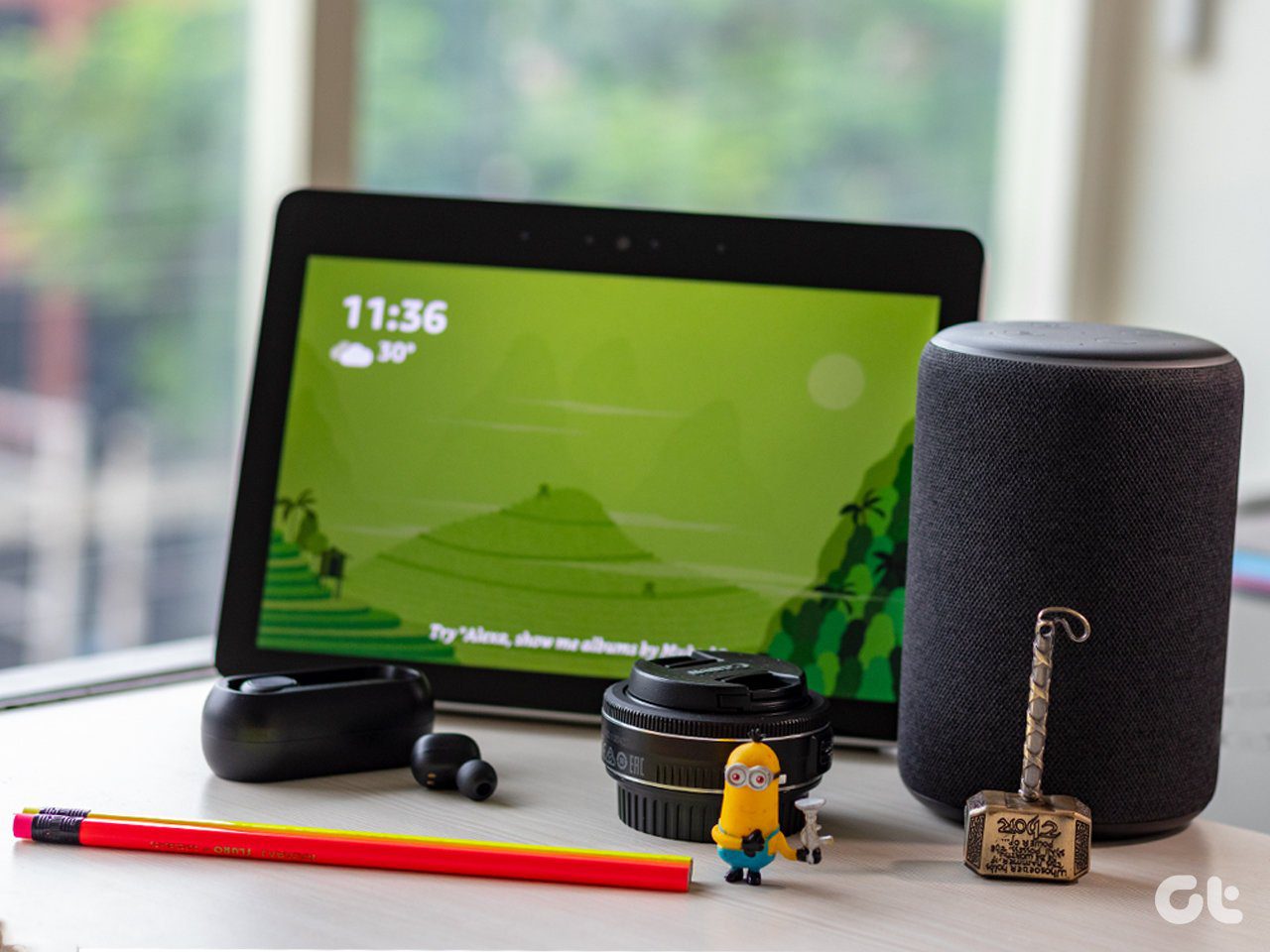To start with, it doesn’t come with a keyboard or a mouse. Chromecast does not have stellar hardware, as the $35 price tag would suggest. It only has 512 MB of RAM, 2 GB of storage and while its creators say it runs on Chrome OS, tinkerers found more Android code in there than Chrome’s. That should help you break out of the “it’s only for streaming from the web” mindset. Read the Ultimate Guide to Chromecast: This article and many other such useful content is a part of The Ultimate Guide to Chromecast eBook that our team has written for you. Make sure to check it out and buy it if you are serious about making the most of this tiny yet powerful device. Once it’s set up, all you need to do is open a Chromecast compatible app on your phone. Even before you start playing media, a Chromecast icon will appear. As you can see in the photo below, the Chromecast icon appeared on the Umano app without me doing anything.
I can tap that icon, select my Chromecast and any content I play will be streamed to Chromecast. Now I’m free to jump between apps, come back hours later and the connection will still be there. But I’ve found that jumping between apps and switching media sometimes causes issues with Chromecast. Force quitting the app usually does the trick.
Streaming is what Chromecast was made for. Take content that you were streaming on your phone/tablet and take it to the big screen. The reason Chromecast streams content at such good quality is because it doesn’t transfer streaming media from your device. It politely asks the app you’re using to give it the link to the content so Chromecast can stream it directly. When Chromecast streaming is in works, you can’t see that content on your device, it basically turns it into a remote where all you can do is play/pause, next/previous or add stuff to your queue.
This is great because now your device is free to do anything, or nothing. You can switch to different apps, or lock the device and the media will keep playing. No battery loss for your smartphone. But when it comes to playing content that’s stored on your phone or on your PC, things start to get tricky. It can be done but you need to know how. It’s the same for showing photos from your phone on Chromecast. Have thembacked up to Google+? Sure, they’ll show up on Chromecast. Have them offline? Tough luck, even Google’s own Photos app can’t help you. We’ll talk about streaming offline media (it’s a doozy) in upcoming sections.
DOWNLOAD LINKS FOR ALL THINGS CHROMECAST
Google Cast Extension for Google Chrome Chromecast App for iPhone and iPad Chromecast App for Android
2. Majority of Top Media Streaming Apps Come with Chromecast Support
It’s not just YouTube or NetFlix that can do this. If you can think of a streaming service that’s popular enough, chances are it supports Chromecast. Here’s the highlight. Movies and TV Shows: HBO Go, Cruncyroll, Comedy Central, Google Play Movies & TV. Sports: BT Sport, MLB.TV, WatchESPN. Music streaming: Google Play Music, Spotify, Rdio, Pandora, InfiniTracks (for 8tracks), Songza. And there are many more. Check out this URL (and this wiki) to see a list of all the featured Chromecast apps broken down in above categories with download links for both iOS and Android apps.
3. Chromecast Needs Power via Micro USB
Even though it’s not advertised in any promotional material, Chromecast needs to be powered using a Micro USB cable. Fortunately, a USB to Micro USB cable is supplied in the box. If you have a relatively modern TV with USB ports, it will be enough to power Chromecast.
But if you’re experiencing lag, or reboots, you might need to plug it into an electric socket. You can do that using the adapter in the box.
4. You’ll Need Relatively Strong Wi-Fi
Chromecast runs on Wi-Fi. You’ll need to be in or around the same room as the router to get the best streaming quality. If the router is in the same or the next room as the Chromecast, it shouldn’t be a problem. But users are reporting issues when the router is 1-2 rooms away or on a different floor altogether. If you experience slow connection issues, you might need to buy a new Wi-Fi router and use it as a bridge.
Also, when you’re streaming content from the internet, Chromecast will take up quite a lot of bandwidth. You’ll need 3-4 Mbps speed if you’re planning to stream HD video, and more than twice that if you want to go Full HD. But Chromecast’s streaming isn’t bloated. The quality of the content you can stream on your PC/phone will translate well to Chromecast.
5. If Things Go Bad, Just Reboot
Beside the Micro USB port, there’s a small reset switch. But you don’t need to use that. Open the Chromecast app on Android or iOS, select the device, go to Settings -> General and you’ll find a reboot and factory reset option. This is the best solution for speed issues, network issues or drop outs.
6. There’s No Physical Remote for Chromecast
I personally don’t mind using the phone as a remote, in fact I love it. But once in a while I get a call on my iPhone when I’m using it to play media and my heart goes into panic mode. What do I do, what do I do? I just end up shutting off the TV. I need to scrub back to the last point but hey, what’re you gonna do.
7. It Can Do Screen Mirroring.. Sort of
Apple TV is great at mirroring your screen. Chromecast surely tries to be. If you’re using an Android phone with KitKat 4.4.2 and above, you can mirror your screen to Chromecast easily. It’s also possible to mirror a tab in Chrome on a Mac/PC. That’s actually not a bad experience. Not great, but not bad either.
The Chrome extension has a screen mirroring feature as well but it’s in beta and it’s far from buttery smooth. It stutters a lot. If you’re looking to buy something mainly for screen mirroring, you should look at the Apple TV.
8. Yes, Local Media Playback is Possible as Well
Chrome doesn’t advertise it and none of Google’s own apps support it (not even Google’s Play Music app) but local media playback is possible. It’s a little tricky but everything from simple to complex solutions exist to take care of this problem. We’ve talked about it in detail in section 3 and 4 of this Chromecast guide.
When it comes to playing local content, you need a server app to do the transcoding on the device. Chromecast is a bit too underpowered to transcode HD media. Thus, the quality of the picture and the playback fluidity will depend on your PC/Mac/smartphone’s power, not on Chromecast. The above article may contain affiliate links which help support Guiding Tech. However, it does not affect our editorial integrity. The content remains unbiased and authentic.







